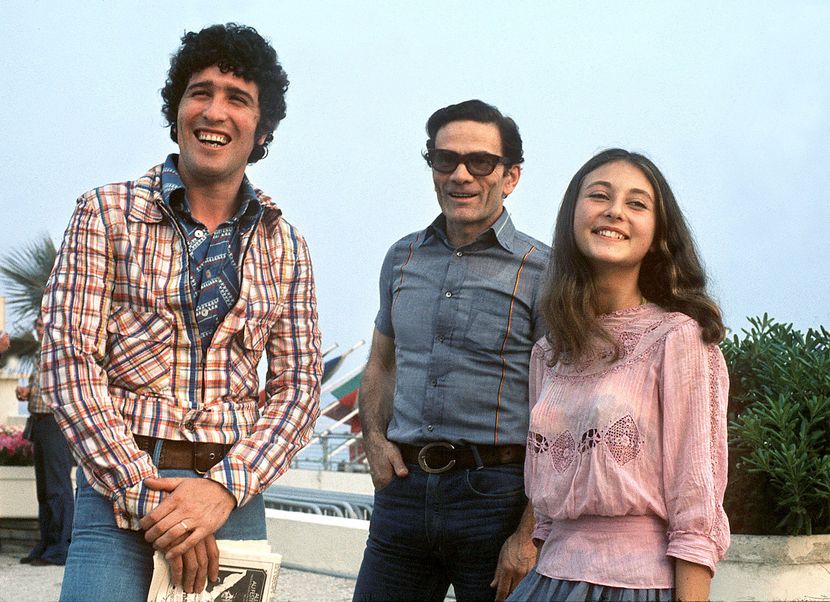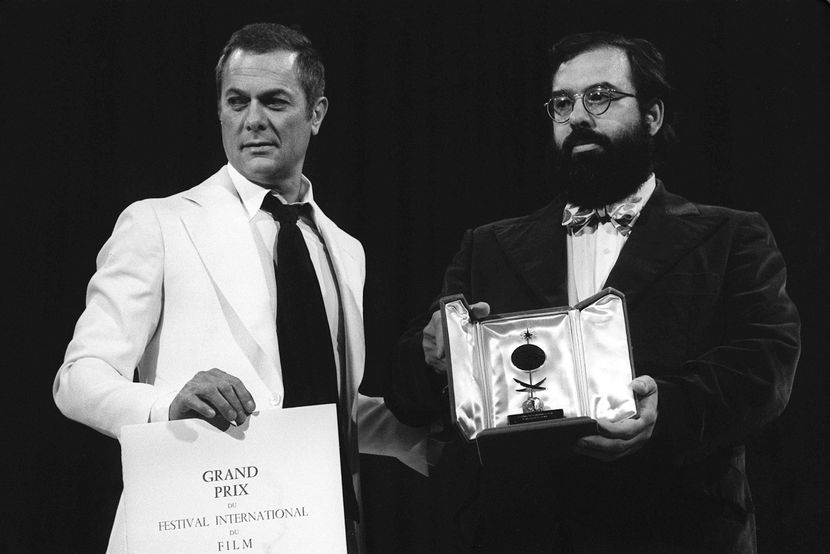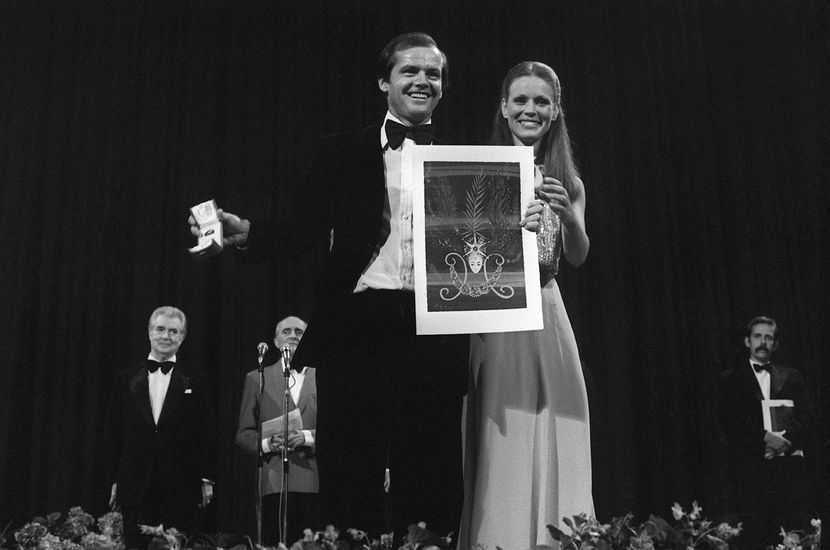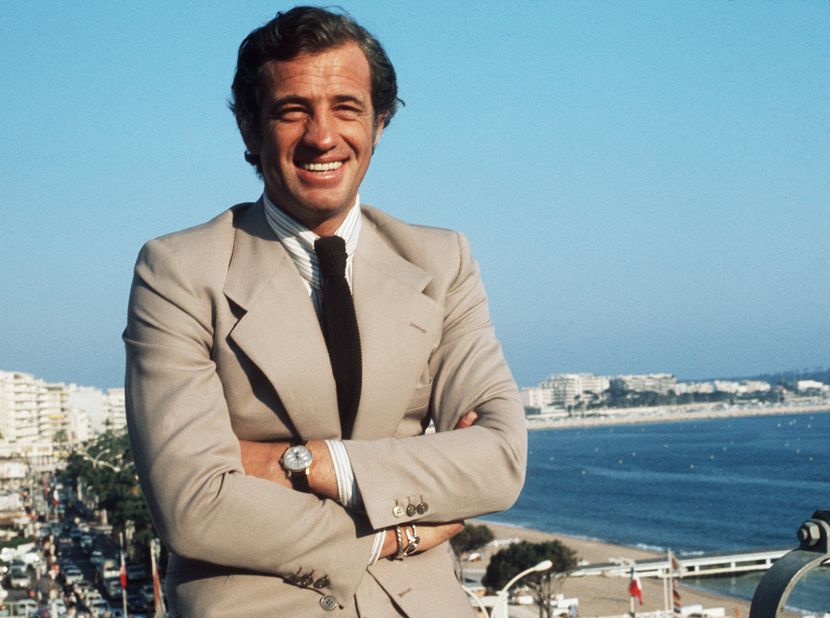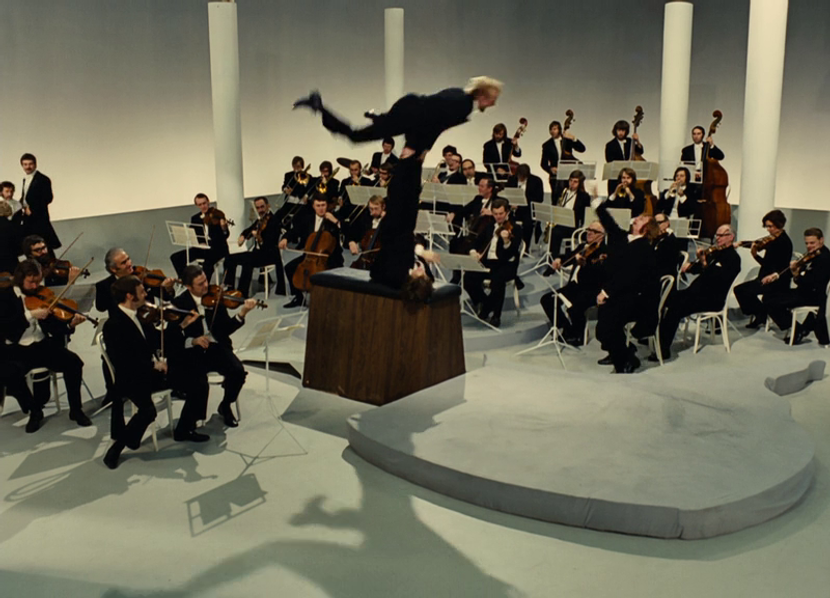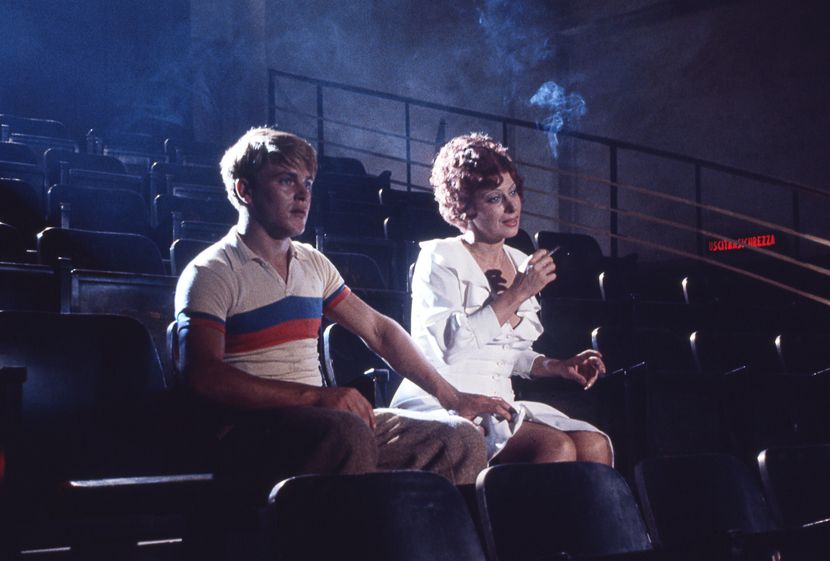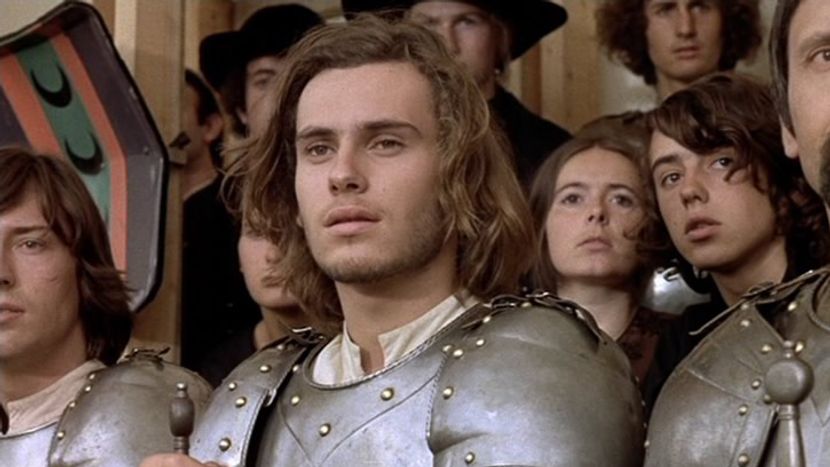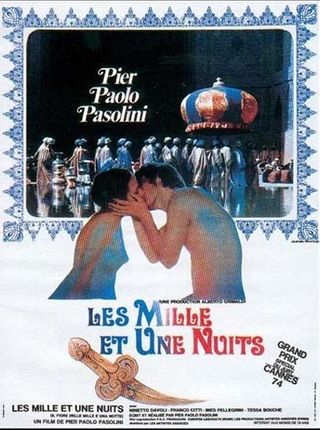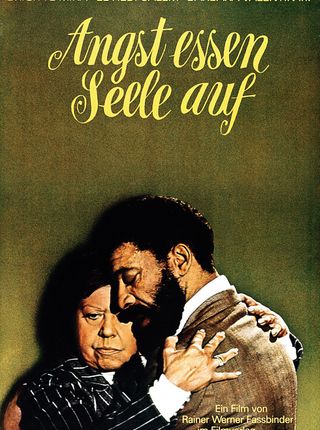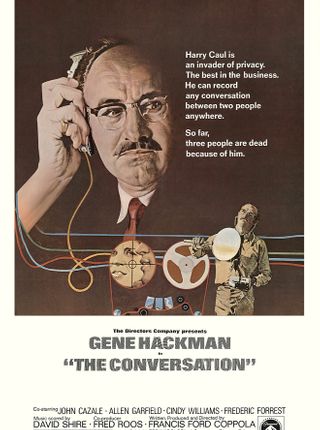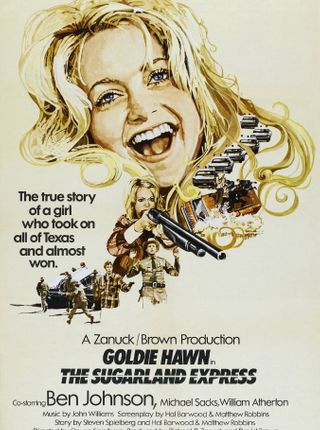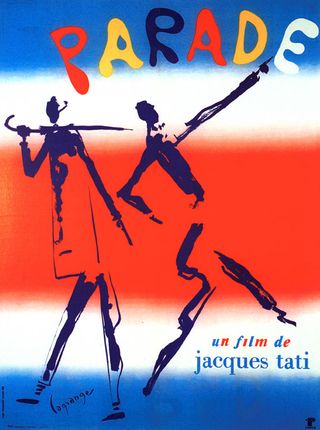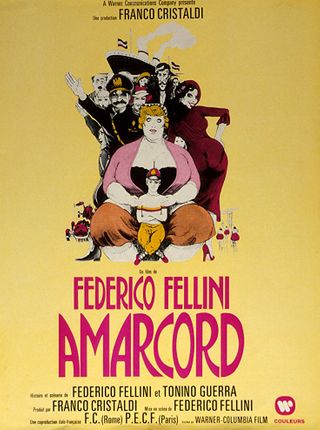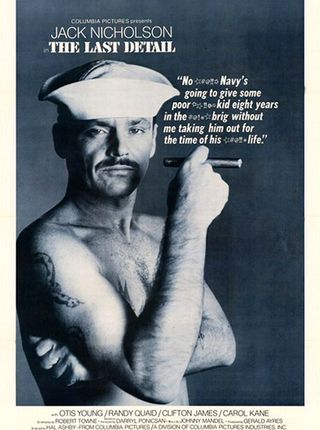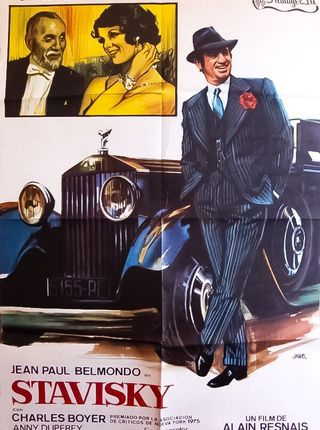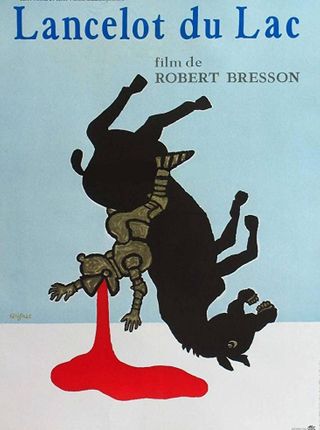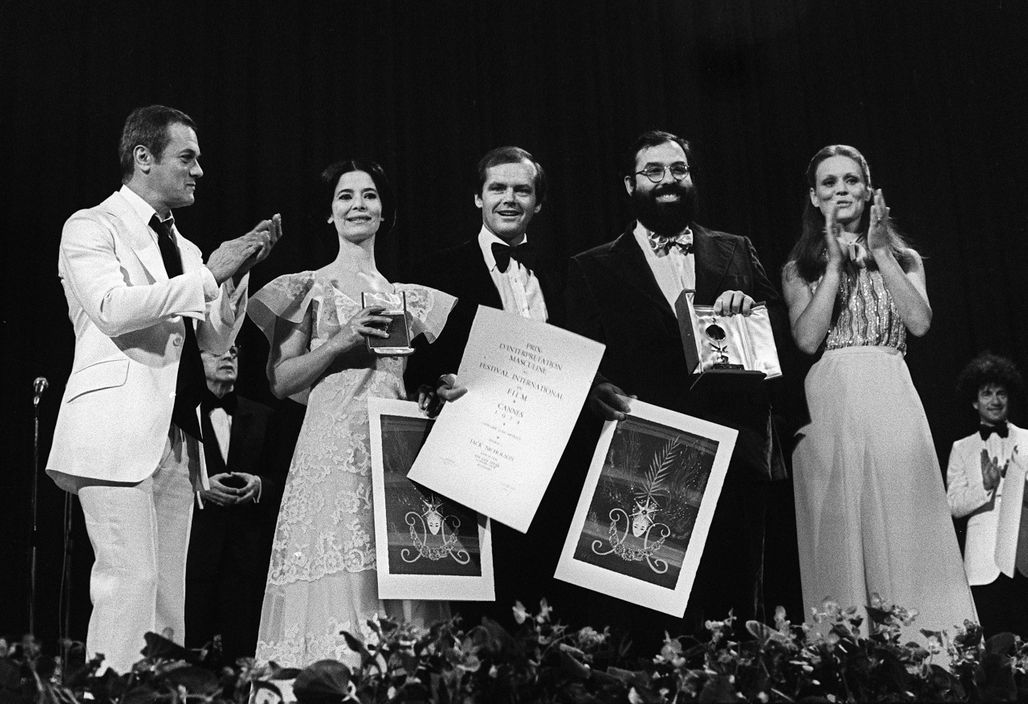
Those years: 50 years ago, the Festival de Cannes as told by Olivier Séguret

In 1974, the Jury of the Festival de Cannes was presided over by René Clair, the Italian actress Monica Vitti was the only female member, and the last International Grand Prix (before the Palme d’or took over definitively in 1975) was given to the American Francis Ford Coppola for The Conversation.
This year, the 77th edition will open under the presidency of the American director, screenwriter and actress Greta Gerwig. While waiting for 14 May, the Festival is revisiting its own history, told in an intimate way by cinema journalists in the book Ces années-là, published by Stock in 2017.
The 27th edition du Festival de Cannes as told by the journalist Olivier Séguret. It was 50 years ago.
I can still hear the voice of a friend to whom I confided, a few years back, a heavy and moving childhood memory. He said to me, “Ah, yes, 13, 14, it’s a very delicate age for boys.” And that’s how old I was in May 1974, 13 and a half. And while I had a natural love of cinema, I had no idea what a cinephile was nor did I have the slightest interest in the Festival de Cannes, which was exactly twice my age: 27 years old.
So I took a route that went through a jungle of archives, digital now, clearing the road by instinct, by intuition, to give myself a mental landscape – one that’s intimate, impressionistic and not methodical – of the year 1974 in general and of the 27th Festival in particular.
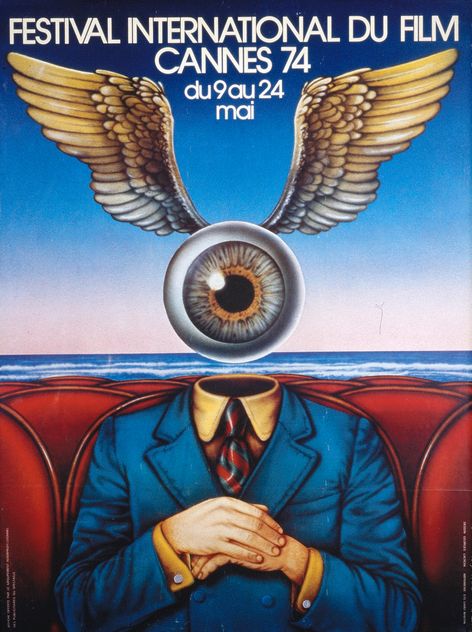
And as luck would have it, when I discovered the list of films selected that year, I had chills that were sort of spiritual. Or sexual. Or aesthetic. Or psychoanalytic. Or critical. Who knows? I assembled the films into a sort of mental deck of playing cards and I dealt them out anachronistically onto my personal memories. Then I filtered everything through my fallible and capricious tastes. Kings, queens and aces. I only kept hold of the best, the strongest. There was nothing but trump cards…
The first names to jump out at my eyes, and cause a stirring under my waistband, were Fassbinder and Pasolini. Rainer Werner and Pier Paolo. They were both competing for the Palme that year, one with Ali: Fear Eats the Soul, and the other with Arabian Nights. Two films which, a few years later, would leave me awe struck as a young film lover and which were seared into my erotic imagination with a hot iron. As I imagine it, their collision in the sky of the 1974 Festival fits in perfectly with the confused bundle of emotions that the name ‘Cannes’ has always brought up in me.
Cinema concentrates within my body the most powerful emotions, from the most trivial to the most divine, and Cannes, which concentrates cinema, only intensifies this phenomenon. For the over thirty years that I’ve been attending, the Festival has always been this marvelous excess for me. An excess of films and of work, of crowds and of individuals, of discipline and of sensuality, of approval and of rejection, of enthusiasm and of exhaustion… The 1974 awards came down to a severe judgment between my two giants: Pasolini won a special Grand Prix and Fassbinder went home empty handed. Jack Nicholson received his first real international recognition with a Best Actor award for The Last Detail by Hal Ashby, beating out Belmondo, whom Resnais had cast in Stavisky. But it was Coppola who won the Palme, his first, with The Conversation. He was awarded the prize by René Clair, president of the Jury.
I’ve put Steven Spielberg off to the side,he was present In Competition with The Sugarland Express,his debut film(Duel,an earlier work, had been made for television), to better highlight this eloquent coincidence: another young American filmmaker with a promising future was also screening his first feature film at the same time: Martin Scorsese, a revelation at the Directors’ Fortnight with Mean Streets that year…
The number of films is striking. Not only were there twenty-six feature films in the running for the Palme d’or, but there were also fourteen films Out of Competition. And they weren’t bad, either! Parade by Tati, Amarcord by Fellini, and Lancelot of the Lake by Bresson, to name just three of the most prestigious, were also in the running. At the same time, Céline and Julie Go… to the Directors’ Fortnight, where Rivette found the company of Ruiz, Kluge and Iosseliani, whereas Daniel Schmid’s La Paloma soared above the Semaine de la critique, along with Erice and his debut film, a real gem, The Spirit of the Beehive.
From where I sit and, indeed, from where we all sit, the 1974 edition of the Festival de Cannes was one that was good, rich and plentiful, one that saw a convergence of experienced masters and future geniuses.
With the experience we have of the current state of global cinema, coupled with the historic knowledge of the processes that this industry has undergone since, any contemporary critic with even the slightest bit of sincerity could look back at the 27th Festival with a nostalgic sigh.
Don’t be afraid of nostalgia; be afraid of sincerity. Our feelings are biased, twisted, deformed by the space-time that separates us from the 1970s. Each epoch outlines its own psyche from a distance, inaccessible to our neurons. The idea that we create of a Festival that we didn’t experience is, in the best of cases, a reconstruction, an optical illusion. To visit it, you’d need a virtual reality headset to transport you back to the seventies, populated with holograms of all the legends who have died. In 1974, humanity lost Marcel Pagnol and Vittorio De Sica, Darius Milhaud and Duke Ellington, Francis Blanche and many others. We also gained Penélope Cruz and Joaquin Phoenix, Benoît Magimel and Leonardo DiCaprio, Christian Bale and Jenna Jameson.
The only memory from that year that I can date with any certainty and precision is the day Georges Pompidou died, 2 April. It was the end of the Easter vacation, we were driving back to Paris with my parents. We didn’t have a radio in the car. We were filling up at a gas station, as we often did at the time. My dad was informed of the news by the pump attendant. And it was right in the middle of the 1974 Festival, on 19 May, that Giscard d’Estaing was elected president.
Today, we often feel assaulted by the news, we get the sense that we’re living in a time where there’s a relentless pushing and shoving of events, where history’s accelerating. But that was already happening a lot back in 1974! An incredible number of historical events succeeded one another, and the effects of some of them are still being felt. In Portugal, it was the year of the Carnation Revolution, in Greece the end of the Regime of the Colonels. Solzhenitsyn was expelled from the USSR in February and Nixon was kicked out of the White House in August. In Ethiopia, the fossil Lucy was discovered, and in France the Charles de Gaulle airport was inaugurated. It was also in 1974 that Grenada became independent and Malta became a republic. That makes me wonder, has there ever been a Maltese film in the Official Selection? Or one from Grenada?
I wasn’t in Cannes that year, but I did go to the cinema a lot. I loved disaster flicks, and it was the golden age for them. My best friend and I rushed to go see The Towering Inferno. I loved to laugh and I was in stitches watching Blazing Saddles. I loved science fiction and was entranced by Soylent Green. I loved gangsters and adored The Sting. I hadn’t seen the film that all my friends on the beach were talking about that summer, The Exorcist. It wasn’t because the film was prohibited for those under 18. It was really easy to sneak into the open air cinema that was screening it, and in any case I often lied about my age. It was because I was afraid.
My parents also loved the cinema and in 1974 took me to a Paris cinema to see my first Buñuel film (The Phantom of Liberty) and my first Louis Malle film (Lacombe, Lucien). It was also with them that I saw, and it was a little awkward, the phenomenon of that year, Going Places, starring Isabelle Huppert, who would go on to imprint herself on my retina. On the other hand, it wasn’t until many years later that I saw, on TV, the biggest success of 1974, a film that sold almost 9 million tickets in France: Emmanuelle by Just Jaeckin. Do I need to say that I was disappointed?
Olivier Séguret
